Engine Electrical
Alternator, starter, hybrid battery replacement, hybrid battery related systems, regular battery, battery cables, engine harness, coil, ignition switch, electronic ignition, spark plugs and wires failure, auto stop/start.
What Owners Say
"Engine light came on and engine started with rough vibrations and eventually smoothed out. Used a code reader which provided info on which cylinders were affected. first time was covered under 5 year warranty second time covered under extended warranty. This seems to be a recognized problem with the Kona Using a code reader is a wise investment as the dealer charges $250 to do the analysis of the check engine light problem so being able to present proof of the issue saved time money and arguing with the dealer. Had to replace coil twice on all cylinders. when they were replaced resolved issue"
Anonymous, ON (2018 Hyundai Kona SEL 2.0-L 4 Cyl)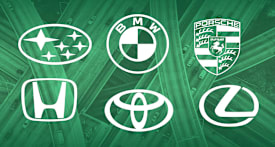
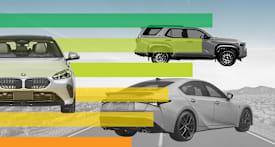


















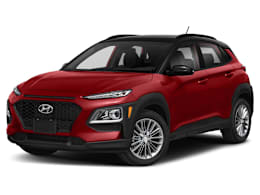
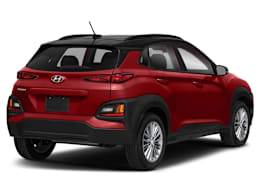

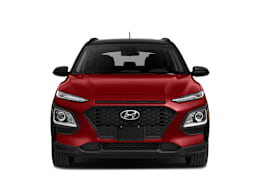

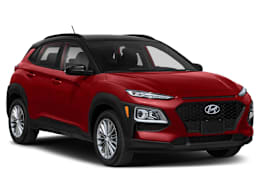
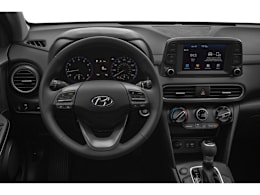
"Coils in each cylinder head had to be replaced at 57k."
Anonymous, CA (2018 Hyundai Kona Limited 1.6-L 4 Cyl turbo)